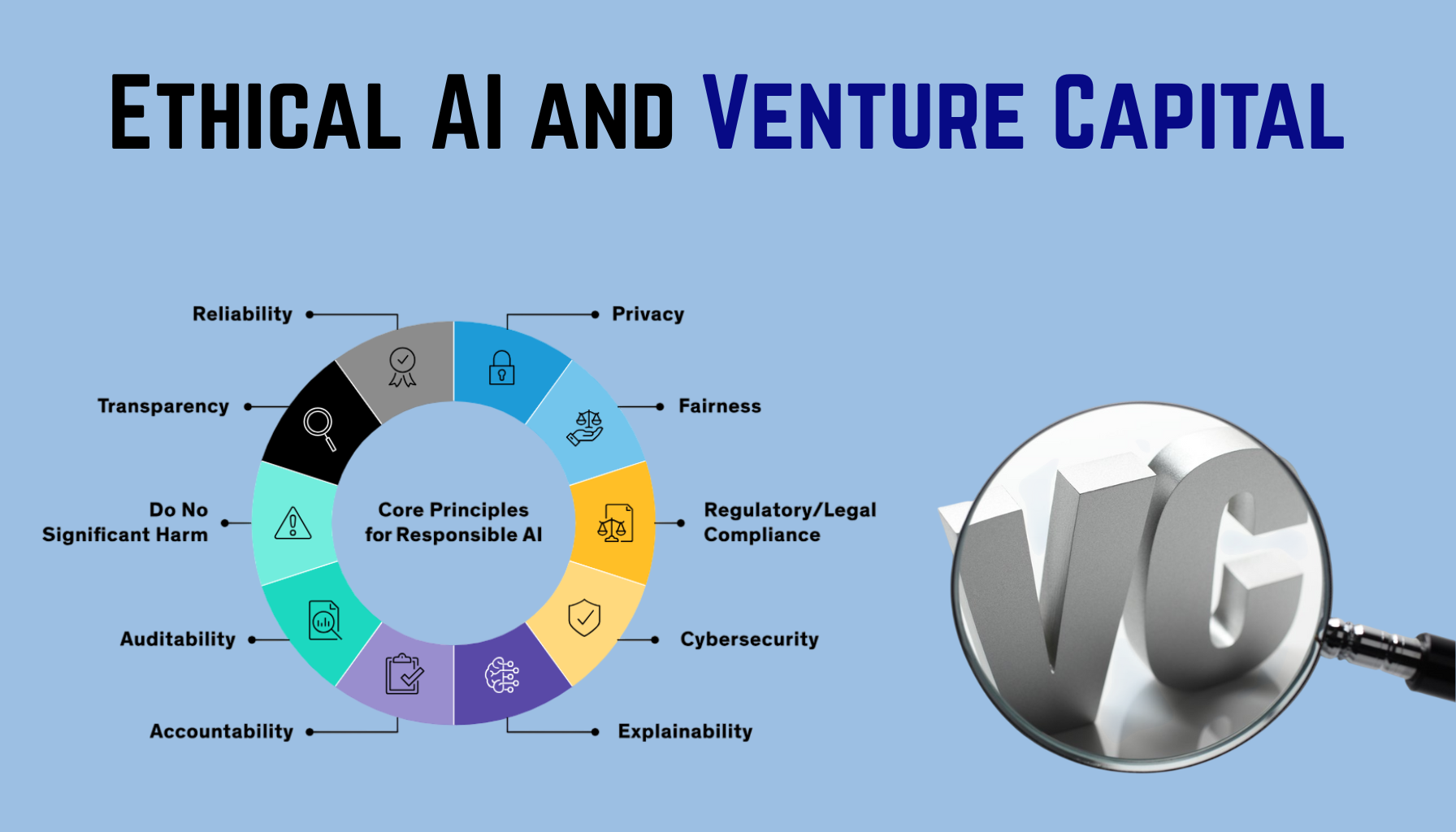Artificial Intelligence (AI) has become one of the defining technologies of the 21st century — influencing everything from the way we work to how we interact with the world. While AI’s potential to transform industries is undeniable, the question remains: Are we using it for the right purposes?
For Rajat Khare, founder and CEO of Boundary Holding, the answer lies in how we choose to direct investment capital. Instead of merely making life more convenient, Khare believes AI should be applied to solving urgent, global challenges — from climate change to healthcare accessibility.
The Convenience Dilemma
Over the last decade, billions of dollars have flowed into AI-powered consumer innovations — think smart assistants, algorithmic shopping suggestions, and autonomous household devices. While these technologies are impressive, Khare sees a bigger picture.
“We have to ask ourselves: Are we solving the problems that truly matter? Or are we getting distracted by making life a few minutes easier?” — Rajat Khare
The concern is that convenience-first innovation can inadvertently reduce our collective sense of responsibility, pushing humanity towards passive reliance on machines instead of active problem-solving.
Why Ethical AI Matters
Ethical AI is not just a buzzword — it’s about designing, deploying, and investing in technology that:
- Addresses global challenges rather than creating unnecessary dependencies
- Respects human values such as fairness, accountability, and transparency
- Minimizes harm to the environment and communities
- Benefits underserved populations rather than only the privileged
This perspective is gaining traction among thought leaders, governments, and socially-conscious investors worldwide.
AI as a Force for Real-World Problem Solving
Healthcare: From Detection to Prevention
AI is already proving transformative in healthcare. Machine learning algorithms can detect diseases such as cancer at earlier stages than traditional diagnostic tools. Predictive analytics can forecast health risks, enabling preventive interventions that could save millions of lives annually.
In 2023, AI-powered diagnostic systems in India’s rural clinics demonstrated that screening time could be reduced by 40%, making healthcare more accessible in underserved regions.
Environmental Protection: Fighting Climate Change
Climate change is one of humanity’s biggest threats, and AI is emerging as a critical weapon in this battle. AI models can:
- Predict extreme weather patterns
- Monitor deforestation in real time
- Optimize energy grids for reduced carbon output
- Track industrial emissions with unprecedented accuracy
Agriculture: Feeding a Growing Population
AI-driven precision farming can optimize irrigation, detect crop diseases early, and reduce waste — key strategies for feeding a projected 9.7 billion people by 2050.
Climate Crisis: The Case for Smarter Investments
The urgency is underscored by global events such as the COP29 summit in 2024, which took place during yet another year of record-breaking heat. Labeled the “Finance COP,” it focused on mobilizing funding for climate action — especially in developing countries.
A UN-backed report estimated that emerging economies (excluding China) will require $2 trillion annually by 2030 to combat climate change effectively. This funding must come from wealthier nations, global investors, and development banks.
For Khare, this is where venture capital can make the most difference.
Venture Capital’s Role in Global Solutions
Venture capital is often associated with high-growth, high-return investments — but Khare sees a deeper responsibility. By channeling funds into green-tech, med-tech, and marine-tech, investors can drive sustainable change while still achieving profitability.
Boundary Holding’s Impact Examples:
- RanMarine Technology – Autonomous surface vessels that clean oceans, rivers, and lakes by collecting floating waste
- Smart Clean – Data-driven, on-demand cleaning systems that help cities maintain cleaner environments more efficiently
Rajat Khare’s Investment Philosophy
For Khare, investments are long-term commitments, not just quick returns.
“It’s not just business — it’s a life decision. Our mission is to invest in technologies that matter for our survival as a species,” he says.
This philosophy has guided Boundary Holding portfolio towards solutions that are scalable, globally applicable, and ethically aligned.
AI for Education and Social Equity
AI’s ability to personalize education could transform learning for millions of students worldwide. Adaptive learning platforms can assess individual strengths, weaknesses, and learning styles — delivering content that maximizes engagement and retention.
Such tools could close the education gap in regions with limited access to quality teaching, creating a more equitable future.
Balancing Profit with Purpose
Critics often argue that focusing on ethical and impact-driven investments limits profitability. Khare disagrees. He points to the rapid growth of sectors like renewable energy, sustainable agriculture, and health-tech as proof that doing good can also mean doing well financially.
Global Examples of AI for Good
- Healthcare AI in Africa: Early detection tools for malaria and tuberculosis
- AI in Disaster Relief: Predictive analytics for evacuation planning during cyclones and floods
- AI in Conservation: Camera traps with image recognition for tracking endangered species
These applications demonstrate that AI’s true value lies in solving humanity’s shared challenges, not just in upgrading consumer convenience.
A Call to Action for Investors and Innovators
The decisions made in the next decade will determine whether AI becomes a tool for empowerment or a driver of inequality. Khare urges investors, technologists, and policymakers to:
- Adopt a problem-first approach to innovation
- Ensure transparency in AI algorithms and decision-making
- Prioritize underserved markets where tech can have the most impact
- Collaborate globally to address climate and health crises
Looking Ahead: A Future-Driven Vision
The future of AI will not be shaped by technology alone, but by the values and intentions guiding its use. Rajat Khare’s approach offers a model for balancing profitability with purpose — ensuring that AI serves humanity’s long-term interests.
Conclusion
While there is nothing inherently wrong with automating life’s small inconveniences, the urgency of climate change, health crises, and social inequality calls for a realignment of priorities.
AI has the capacity to address the world’s most pressing issues — but that potential will only be realized through ethical, responsible, and impact-focused investment strategies.
For Rajat Khare and Boundary Holding, the goal is clear: Invest in the future we want to live in.

Join our community to interact with posts!